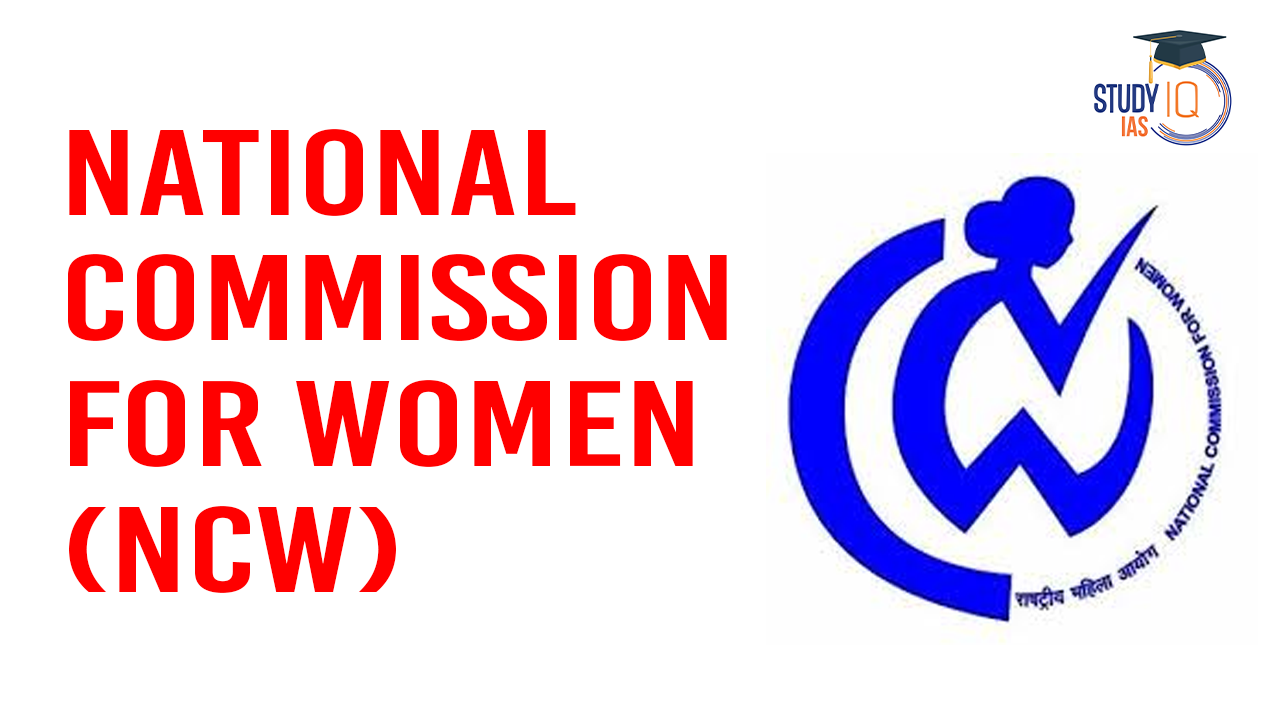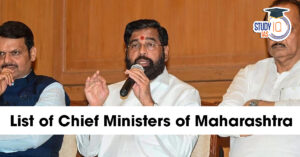Table of Contents
Context: The National Commission for Women has constituted a two-member fact-finding committee to investigate the sexual assault of an engineering student in the Anna University campus (Chennai).
About National Commission or Women (NCW)
- NCW is an autonomous and statutory body established in 1992 under the National Commission for Women Act, 1990, to protect and promote women’s rights in India.
- It is responsible for reviewing and addressing issues related to the rights of women and for making recommendations for the protection and promotion of these rights.
- Composition;
- Chairperson
- 5 Members (At Least 1 member from SC/ST)
- Member Secretary
- Appointment and Removal both by the Central Government.
- The Chairperson and every Member shall hold office for a period of 3 years.
- NCW under Section 10(1) (f) of the National Commission for Women Act, 1990 takes suo motu cognizance of matters where there is:
- Violation /deprivation of the rights of women.
- Non-implementation of laws enacted to protect women and also to achieve the objective of equality.
- Non-compliance with policy decisions, guidelines or instructions aimed at mitigating hardships and ensuring welfare and empowerment of women.
- Suo Motu cognizance may be taken on the basis of print, electronic and social media or any other information received by the Commission.
Objectives of NCW
- Safeguard Women’s Rights: Protect and promote the constitutional and legal rights of women in India.
- Address Grievances: Investigate and resolve complaints related to violations of women’s rights.
- Policy and Legislation: Review laws and policies affecting women and suggest amendments or new legislation for better implementation.
- Awareness and Advocacy: Create awareness about women’s rights and gender equality through campaigns, seminars, and public discourse.
Functions of NCW
- Legislative Reviews: Analyze existing laws and recommend measures to address gender biases and implementation gaps.
- Investigation and Inquiry: Take suo motu cognizance of issues affecting women and conduct inquiries into specific complaints.
- Advisory Role: Advise the government on policy formulation and implementation for women’s welfare.
- Research and Documentation: Undertake research, compile data, and prepare reports on women’s issues to support evidence-based policy-making.
- Monitoring Mechanisms: Monitor programs and schemes for women’s development and ensure their proper implementation.
- Awareness Campaigns: Promote awareness about rights, laws, and the importance of gender equality.


 Important Reports on Indian Federalism: ...
Important Reports on Indian Federalism: ...
 List of Chief Ministers of Maharashtra F...
List of Chief Ministers of Maharashtra F...
 Electoral System in India 2026: SIR Upda...
Electoral System in India 2026: SIR Upda...




















